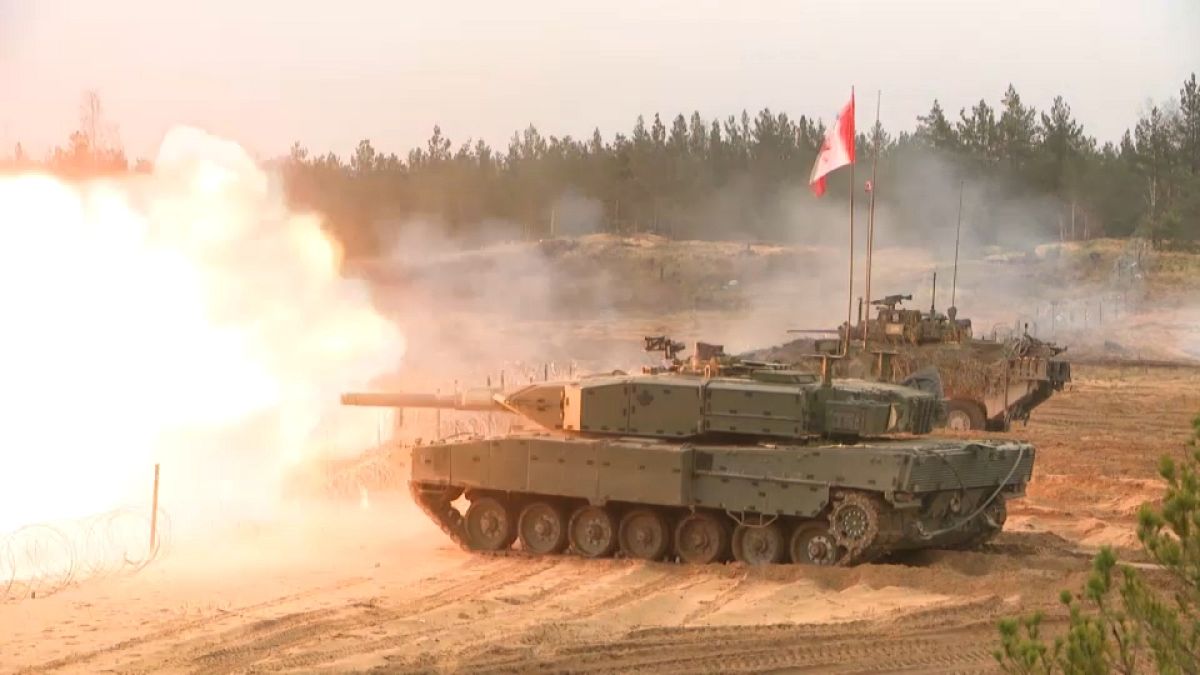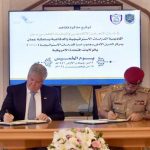Operation “Resolute Warrior” was a large-scale NATO military exercise in Latvia, involving troops from 13 different countries. The exercise took place in the regions of Vidzeme and Zemgale, with soldiers breaking through enemy defences and recovering territory using tanks and armoured vehicles. This exercise was part of NATO’s efforts to bolster security in the Baltics, especially following Russia’s invasion of Ukraine in 2022. The alliance has been particularly focused on strengthening deterrence and defence along NATO’s eastern flank. Latvia and Canada signed a joint declaration at the NATO Madrid Summit in June 2022 to enhance security in the region, highlighting their commitment to protecting Latvia if necessary.
Latvia’s Defence Minister, Andris Sprūds, emphasized the importance of the NATO Multinational Brigade Latvia exercise in demonstrating the allied presence in the Baltic region. The multinational training mission showcased the brigade’s ability to project forces and maintain command, control, and communication. Colonel Cédric Aspirault, the commander of Multinational Brigade Latvia, highlighted the significance of having 13 countries participate in the exercise, emphasizing the importance of adhering to NATO standards in planning processes and orders. The multinational brigade in Latvia is made up of contributing nations such as Albania, Canada, the Czech Republic, Denmark, Iceland, Italy, Latvia, Montenegro, North Macedonia, Poland, Slovakia, Slovenia, and Spain.
The two-week exercise in Latvia marked the largest international operation that Canada has led since the 1980s. Operation Resolute Warrior was not just about showcasing military strength, but also about demonstrating cooperation and unity among NATO members. The exercise provided an opportunity for participating countries to work together, ensuring that their forces were able to operate seamlessly in a multinational environment. By following NATO standards and processes, the allied forces in Latvia were able to effectively coordinate their efforts and respond to simulated threats during the exercise.
The exercise in Latvia also served as a practical demonstration of NATO’s commitment to collective defence and mutual security. By participating in multinational exercises like Operation Resolute Warrior, member countries show their dedication to upholding the principles of the alliance and standing united against potential threats. The presence of troops from 13 different nations in Latvia highlighted the importance of collaboration and interoperability among allied forces in ensuring regional security. The exercise not only enhanced the readiness and capabilities of the multinational brigade but also helped strengthen the deterrence posture along NATO’s eastern flank.
The success of Operation Resolute Warrior in Latvia demonstrated the effectiveness of joint training and cooperation among NATO allies in countering common security challenges. By conducting large-scale military exercises in the Baltic region, NATO members send a strong signal of solidarity and resolve to potential adversaries. The exercise also underscored the importance of maintaining a robust defensive posture in the face of evolving security threats. The commitment of member countries to working together and enhancing their collective defence capabilities was evident throughout the exercise, showcasing the unity and strength of the alliance in ensuring regional stability and security.
In conclusion, Operation Resolute Warrior in Latvia was a significant demonstration of NATO’s commitment to enhancing security in the Baltic region and strengthening deterrence along the alliance’s eastern flank. The exercise brought together troops from 13 different countries to showcase their ability to collaborate, communicate, and coordinate effectively in a multinational environment. By adhering to NATO standards and processes, the allied forces in Latvia demonstrated their readiness and resolve to protect and defend against potential threats. The success of the exercise highlighted the importance of collective defence and cooperation among NATO members in addressing common security challenges and maintaining regional stability.











